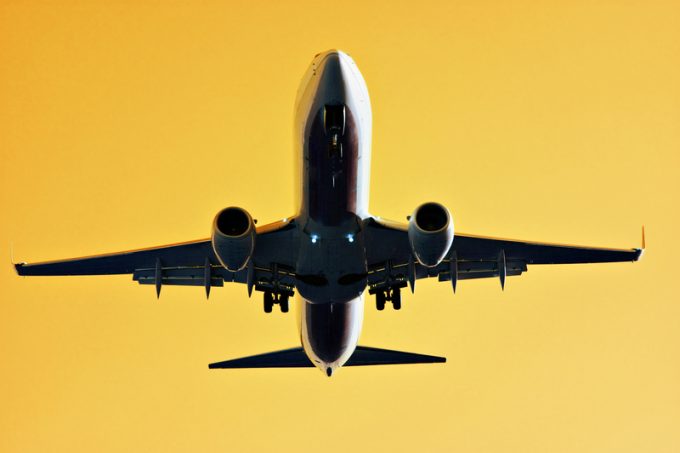'Greenwashing' rife among airlines, says EC as it clamps down on emissions reporting
The European Commission (EC) has warned airlines over what it claims are rife ‘misleading greenwashing ...

ICAO will be speaking at the European Aviation Conference, and will focus on air cargo for good reason, explains Benny Mantin
The recent Covid-19 epidemic shed a shining light on the (literally) vital importance of logistics, and air cargo in particular. Passenger airlines halted their operations, taking with them roughly half of the world’s air cargo capacity (passenger plane belly holds). Cargo freighters and integrated express operators kept going regardless. Without them, the effects of the pandemic would have been much worse, as essential medical supplies would have run out quickly in many countries. Later, they bore the brunt of vaccine distribution, which required very precise transport and storage conditions.
One could well argue that until then air cargo – and logistics in general – had not drawn the full attention of policy makers, with a few notable exceptions. Even ICAO took time to recognise its importance, as its ‘recovery’ efforts focused almost single-handedly on jump-starting passenger operations. All-cargo operations did not need to recover, as they overcame most challenges quickly. But they still were an afterthought.
Air cargo remains constrained in many places, which still follow legacy, pre-open skies policies that often provide protection for national carriers that distort the marketplace. And many such countries that relied on their national flag carrier to fly cargo in and out of its territory found themselves cut off from global supply chains in cases when those carriers halted passenger operations. Suddenly, they rushed to grant emergency extra-bilateral traffic rights specifically for all-cargo services.
One of the lessons drawn from the pandemic is that future shocks will be mitigated if global logistics are flexible and supply chains can adapt to rapidly changing circumstances, whether they are the result of sudden external shocks or new trade policies. This calls for increased regulatory liberalisation of the movement of cargo by air and consideration of the potential benefits of a specific multilateral international agreement to further liberalise air cargo. At the same time, the discussion on the environmental impact of aviation, which may be driven to some extent by ‘overtourism’ (again, passenger traffic), could drive policy in the opposite direction, and recent trends in the conclusion of EU air service agreements indicate a [slow] rescission’ of liberalised traffic rights for all cargo services.
Rising concern of the environmental impact of aviation, driven largely by growth in passenger traffic and past failures to act seems already to be driving policy in the opposite direction. France has already started to implement existing provisions on modal shift while the impacts of opposition to airport expansion on environmental, health and climate grounds are becoming clear in the Netherlands. Should different policies be justified for cargo and passenger air traffic? How can digitalisation help stakeholders handle long term cargo demand growth (eg e-commerce) while maintaining cargo safety, security and environmental requirements in a multimodal context?
The conference will provide an ideal forum for air cargo stakeholders across government, industry, and academia to discuss these increasingly complex issues and advance solutions to them.
Comment on this article